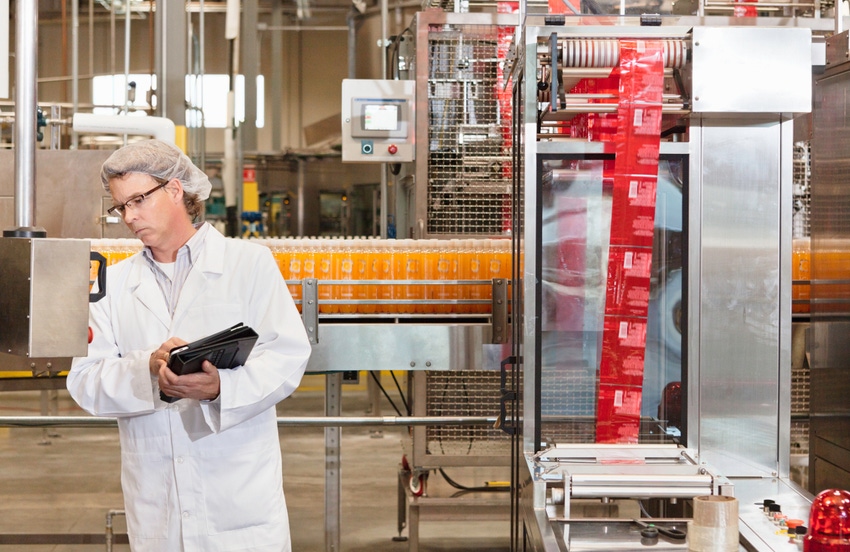How checkweighers help ensure quality of packaging
November 1, 2016

Checkweighers are an important aspect of packaging quality control that ensures both the consumer and the manufacturer are protected. Consumers get the assurance that they are receiving high-quality products whose parts or ingredients have been verified as specified on the label. And manufacturers get the assurance that their products comply with the national regulations by containing the accurate quantities of parts, raw materials or ingredients. Thus, checkweighers are instrumental in building trust between consumers and manufacturers by making sure quality standards are met and adhered to throughout production.
Checkweighers are a crucial aspect on the majority of packaging lines. Getting the product to the weight that is specified on the label is an important issue that has brand equity and regulatory implications. It is equally critical, though, that expensive ingredients are not given away as overfills.
Products with tight packaging tolerances—like bars that must fit in wrappers with specific dimensions—are also monitored by checkweighers and can signal the need for packaging line adjustments if certain specifications are not met. It is easy to identify problems, as well as facilitate uptime, on high-rate lines.
Detection/inspection technology is a welcome solution in the many markets, including the food industry. Checkweighers help manufacturing operations ensure products that come in multiple packs are intact before they leave the plant.
Checkweighers are automated packaging systems used in four production areas: processing line, primary packaging process, secondary packaging process and case packing.
Checkweighers may be used to weigh just about every item that is produced in a production line that range in weight from below a gram to several hundred kilograms, including unwrapped or raw food products; or pre-packed products in containers, cartons, tubs or boxes.
Checkweighers can be used for:
• Counting items that are weight based;
• Checking density or volume of mixtures;
• Weighing items that have varying weights;
• Checking for missing instructions or leaflets.
Checkweighers and other weighing scales play a fundamental role in production operations because they not only weigh but also help optimize the entire production process. Benefits of using checkweighers include:
• Ensures fillers are operating in harmony/synchronization;
• Helps avoid hefty under-fill fines, with 100% automatic weight inspection;
• Improves production processes, as well as the efficiency of packaging equipment;
• Contributes to saving materials to cost-effectively produce more products, translating to more profits;
• Saves labor and personnel costs;
• Prevents repetition of mistakes as a result of human error;
• Minimizes the number of false rejects and subsequent rework;
• Protects the reputation of your brand by eliminating faulty or defective products from shipping out;
• Improves overall equipment efficiency (OEE), thereby reducing your total cost of ownership (TCO).
In conclusion, the cost of a checkweigher is quite low and yet the benefits are great. Use checkweighers and reject stations together for more efficiency and then your recirculation system will ensure that said packages or containers are put back into production and not wasted.

Kevin Hill heads up the marketing efforts and provides technical expertise to the sales and service teams at Quality Scales Unlimited in Byron, CA. He enjoys everything mechanical and electronic, computers, the internet and spending time with family.
*************************************************************************************
See a host of new ideas in packaging machinery, materials and more at PackEx Montreal 2016, Nov. 30-Dec. 1, in Montreal, Quebec, Canada.
About the Author(s)
You May Also Like


